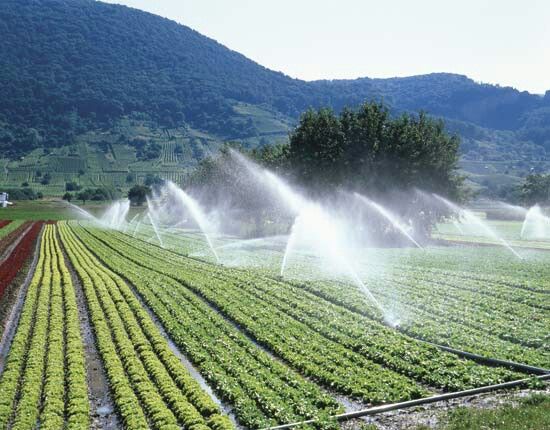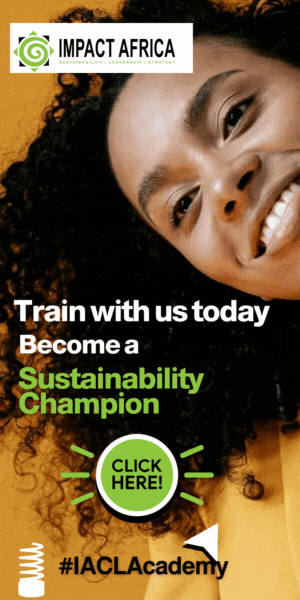The Rainforest Alliance has unveiled a Regenerative Agriculture Standard that aims to transform how major tropical commodities such as coffee are grown, certified, and traded. Scheduled to begin in early 2026, this new certification framework responds to mounting ecological risk, market expectations for sustainability claims, and pressures on smallholder farmers who carry the brunt of environmental degradation. The standard introduces a distinct seal that identifies products grown under science-based criteria for soil health, climate resilience, biodiversity, water stewardship and livelihood fairness.
Tropical farming regions across Africa are already facing cascading threats from erratic rainfall, declining soil fertility, pest outbreaks, and biodiversity loss. The new standard offers producers a structured path to rebuild farming ecosystems through regenerative practices such as agroforestry, cover cropping, organic amendments, and better landscape management. In Kenya’s central highlands, for example, smallholder coffee farmers have adopted shade trees, intercropping, and new pruning methods that have delivered yield increases of more than 200 percent and diversified income streams. These successes illustrate how certification anchored in regenerative principles may provide both resilience and economic return.
The Rainforest Alliance’s new standard builds upon its existing framework but deepens requirements for environmental and social outcomes. Existing Sustainable Agriculture standards have made progress in reducing agrochemical use and improving labor practices; the regenerative standard adds stronger, outcome-based metrics and independent audits tied to long-term ecological recovery. The organization’s reported reach, nearly 8 million farmers globally and over 7,850 businesses in 62 countries, offers a foundation for scaling. Extension of certification to cocoa, tea and citrus by 2026 is already in view.
Market forces and consumer demands are increasingly aligned with sustainability certifications, particularly those with rigorous verification credentials. Brands with pronounced environmental commitments are under pressure to show credible traceability and to avoid accusations of “greenwashing.” The new seal from the Rainforest Alliance could allow companies sourcing African coffee to make verifiable claims in export markets with tighter regulatory requirements, such as the European Union rules on due diligence and labeling. Emerging policies in buyer countries increasingly demand proof of soil health, carbon sequestration, and biodiversity protection.
Africa’s coffee sector is positioned at a critical inflection point. Producers in countries like Ethiopia, Uganda, Kenya and Côte d’Ivoire are navigating rising input costs, weak infrastructure, land use pressures and losses in ecosystem services. Observers believe that adoption of regenerative practices, supported by certification, may serve both adaptation and mitigation goals. Kenyan cooperatives such as Baragwi show that certified farms can significantly raise output and farmer membership when sustainability is backed by technical support and market access. Rainforest Alliance claims that its new standard comprises 119 requirements blending environmental and social metrics with place-based adaptations.
Supply chain finance and development funding are crucial to the regulatory and infrastructural changes required for the standard to be practical for smallholders. Upfront costs for certification audits, adaptation of farming techniques, organic inputs, and record-keeping can be prohibitive without support. African governments and multilateral initiatives are responding: recent funding mobilized through initiatives such as the Africa Climate Summit and bilateral donor programs includes significant envelopes for nature-based solutions and regenerative agriculture. The participation of financial institutions and buyers in paying premiums, providing loans, or investing in landscape restorations will determine if this move becomes transformative or remains aspirational.
The initiative marks a moment of convergence among environmental integrity, market demand and the urgent need to restore degraded land. The Regenerative Agriculture Standard could offer African producers a credible pathway to both ecological recovery and economic competitiveness. Stakeholders across government, business and civil society will be watching how swiftly audit systems are put in place, how equitably compliance costs are managed, and whether this certification becomes a leverage point in global supply chains rather than a privileged seal for already well-resourced farms.
Read also: New recycling centre in Nigeria targets 90 tonnes of waste annually and 2,000 tonnes CO₂ savings






